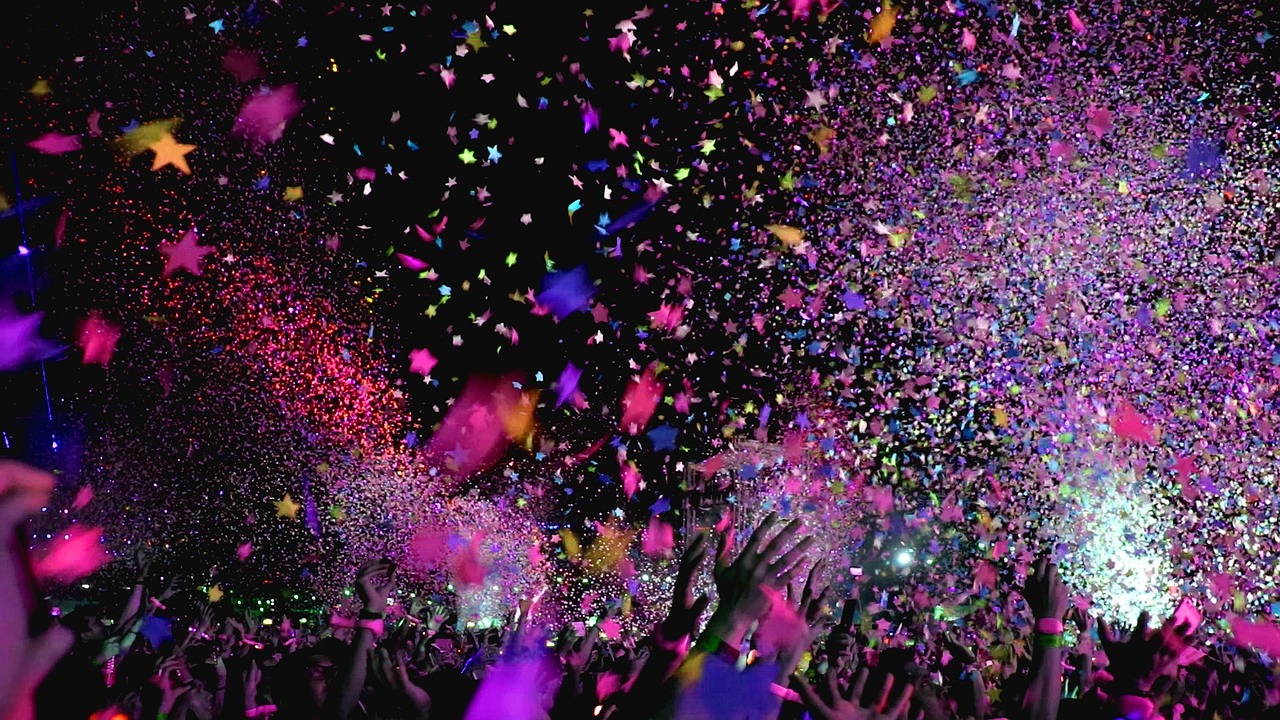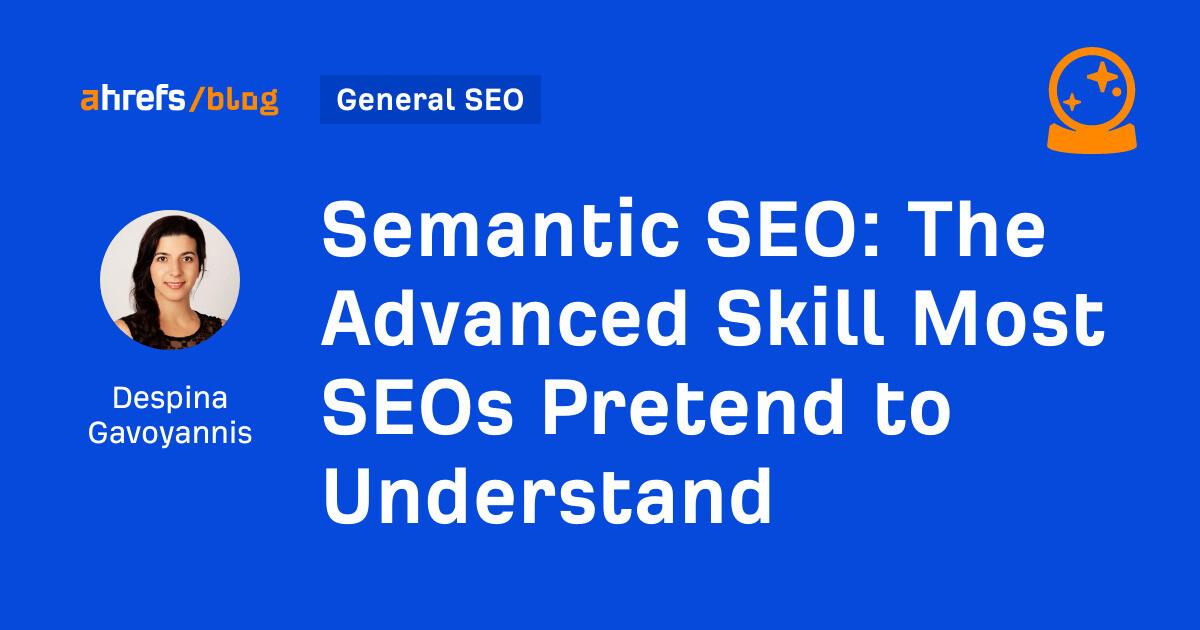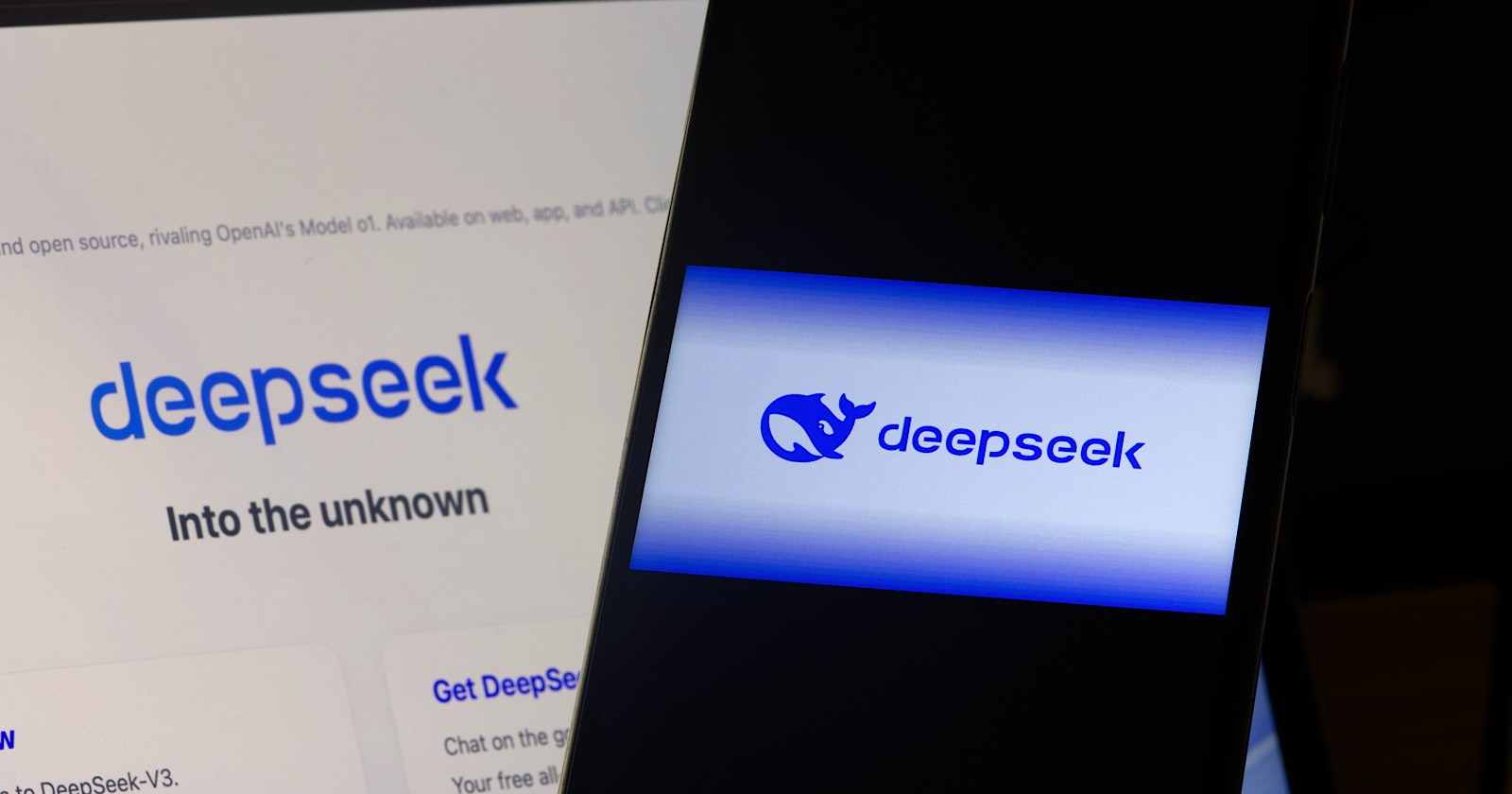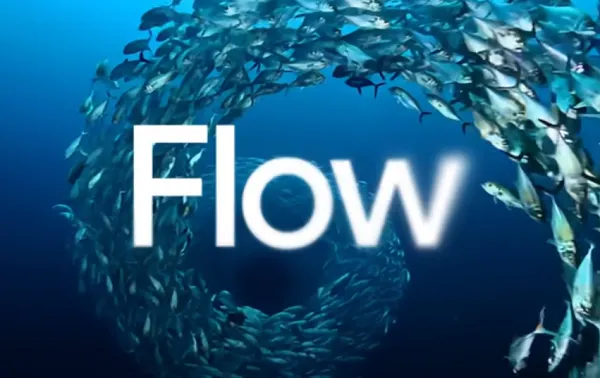Why Storytelling Is Becoming the Most Powerful Currency in Music Marketing
Music used to be sacred. Fans would camp outside record stores for hours on album release days, hand over their hard-earned allowance for the latest 10 tracks from their favorite artist, then rush home to memorize the lyrics like...

Music used to be sacred. Fans would camp outside record stores for hours on album release days, hand over their hard-earned allowance for the latest 10 tracks from their favorite artist, then rush home to memorize the lyrics like they were scripture.
But times have changed. Simply dropping new tunes is no longer enough to get fans excited, regardless of how much they loved you in the past. If you want to continue attracting acolytes, you need to do more. You need to tell a great story as well as write great songs.
How fragmentation is frustrating music marketing
The unfettered access we’re experiencing in the digital world — in the music industry and beyond — gives us everything, all the time. And when you can have everything, nothing matters.
The result is an oversaturation that has nuked the shared experience. There are no more global anthems that three generations all know the words to. Music has gone from being a kind of global religion to a loosely organized collection of boutique cults that define themselves one Discord thread per genre.
This fragmentation has forced most artists into smaller and smaller niches just to survive. Suddenly, everyone must “find their lane” and never leave it. Genre-hopping, rather than a sign of artistic flexibility, has become a liability.
Labels have reshaped the environment by filling their ranks with heat seekers, rather than auteurs. Songwriters are no longer writing truth — they are writing strikes. Songs have become productized, with shorter intros, dumbed-down lyrics, and max hook density per square inch. It’s art reduced to ROI.
In addition, taking music online means artists are no longer just competing with other artists to gain fans and followers. Now they’re competing with everyone, including TikTokers, Twitch streamers, and dead-eyed influencers whispering “get ready with me” to 12 million followers. Storytelling is the only currency that lets you stand out in that morass of digital clutter.
Why storytelling empowers artists to stand out
Today’s music consumer is drowning in options, with 120,000 new tracks hitting streaming services every day. A story gives a song a soul, which gives it a real chance of bubbling to the top in that vast ocean of audio.
Story is the differentiator. Your music might live on a playlist with 50 others, but it’s your story that makes it stick. Without it, you have little chance of attracting super fans, which are the industry’s most valuable assets.
Story also turns the spotlight your way because it adds to authenticity. It makes your songs relatable and specific, which is more important than them being perfect. Fans can smell when you are faking it, which is why real stories cut through.
Your story is the “why” behind your “what.” It’s not your logo, your AI-generated Spotify bio, or your perfectly color-graded press photos in the desert. It’s the soul that gives the music meaning. It’s the reason people come to your page and not those of the other hopeful artists who uploaded music this week.
When you make story your priority, loyalty follows. People stay for the story arc, not the singles. They are mesmerized by the fall, the collapse, the comeback. When you live, share, and sing about a story that resonates with them, you’ll have them counting down to your next release.
What impactful storytelling looks like
Taylor Swift is a master storyteller, treating her albums like sagas, her fans like collaborators, and her critics like minor characters. And her commitment to making storytelling central to her craft has paid off again and again. In 2024, she won her fourth Album of the Year Grammy, was named Spotify’s top global artist, and was recognized as the biggest-selling global recording artist by IFPI for the third straight year.
One key lesson artists can learn from Swift is to craft a story that has space for participants, rather than just spectators. She gives her fans something to invest in: easter eggs, lore, and coded messages. As a result, she’s built a cult, illustrating that listening is only part of a true, scalable, and sustainable fandom.
Another lesson aspiring artists can learn from Swift and many other top performers is to tell the story you’ve actually lived, rather than the one you think will trend. Nobody needs more music that sounds like it came out of a production template and a personality curated in Canva. And nothing kills a story faster than people finding out it’s all a lie.
A good story is the only thing left that can’t be copied and pasted, which is why it is the most powerful currency in music marketing. Artists who can share a story that is authentic, specific, and relatable will find fans who are willing to line up, listen, and stay loyal.
If you’re an artist without a story, quit now. Don’t be another toneless voice contributing to the noise. It won’t get you anywhere. Storytelling is the only currency that still buys loyalty in the age of algorithmic decay.

 Koichiko
Koichiko 































.jpg&h=630&w=1200&q=100&v=90ed771b68&c=1)